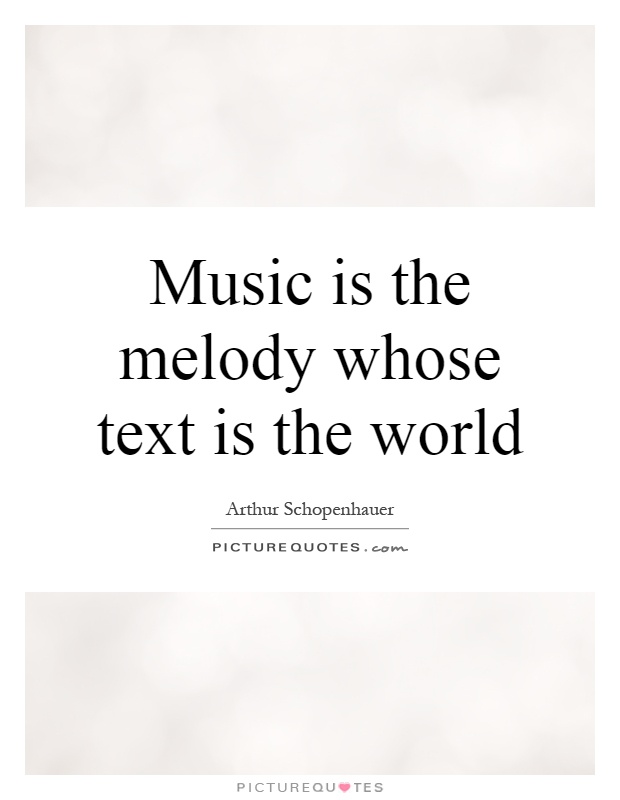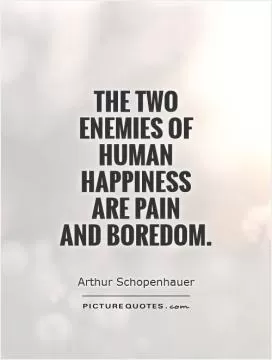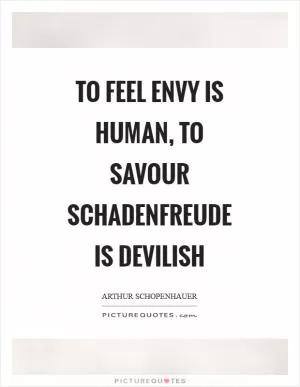Music is the melody whose text is the world

Music is the melody whose text is the world
Arthur Schopenhauer, a renowned German philosopher, once famously said, “Music is the melody whose text is the world.” This profound statement encapsulates the essence of music as a universal language that transcends cultural and linguistic barriers to communicate the deepest emotions and truths of human existence.Schopenhauer believed that music was the purest form of art because it bypassed the limitations of language and directly accessed the innermost depths of human consciousness. Unlike other art forms that rely on symbols and representations to convey meaning, music speaks directly to the soul through its melodies, harmonies, and rhythms. In this sense, music can be seen as a reflection of the world itself, capturing the beauty, complexity, and chaos of life in its purest form.
For Schopenhauer, music was not just a form of entertainment or aesthetic pleasure, but a profound philosophical and metaphysical experience. He believed that music had the power to evoke the deepest emotions and stir the soul in ways that words alone could never achieve. In this sense, music was a direct expression of the underlying unity and interconnectedness of all things in the world.
Schopenhauer’s philosophy of music as the “text of the world” suggests that music is not just a passive reflection of reality, but an active participant in shaping our understanding of the world around us. Through its ability to evoke emotions, provoke thought, and inspire action, music has the power to transform our perception of reality and deepen our connection to the world and to each other.












 Friendship Quotes
Friendship Quotes Love Quotes
Love Quotes Life Quotes
Life Quotes Funny Quotes
Funny Quotes Motivational Quotes
Motivational Quotes Inspirational Quotes
Inspirational Quotes